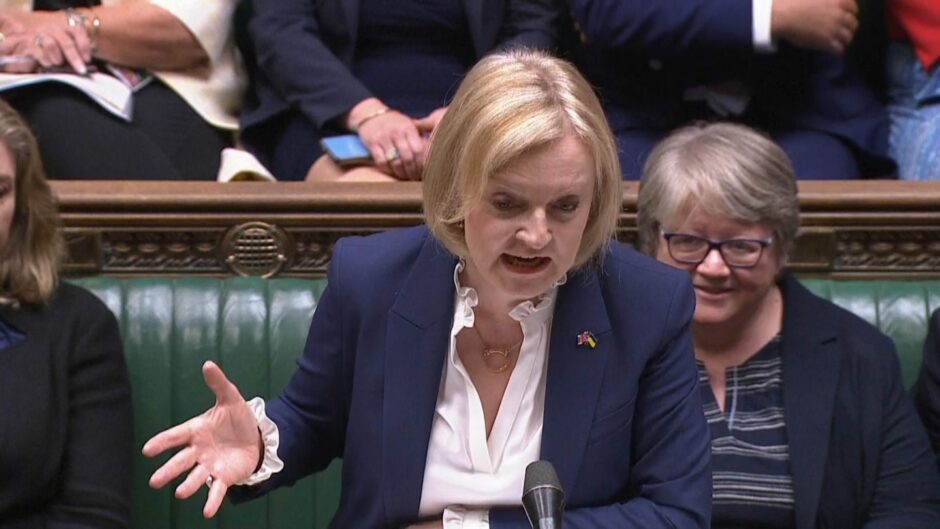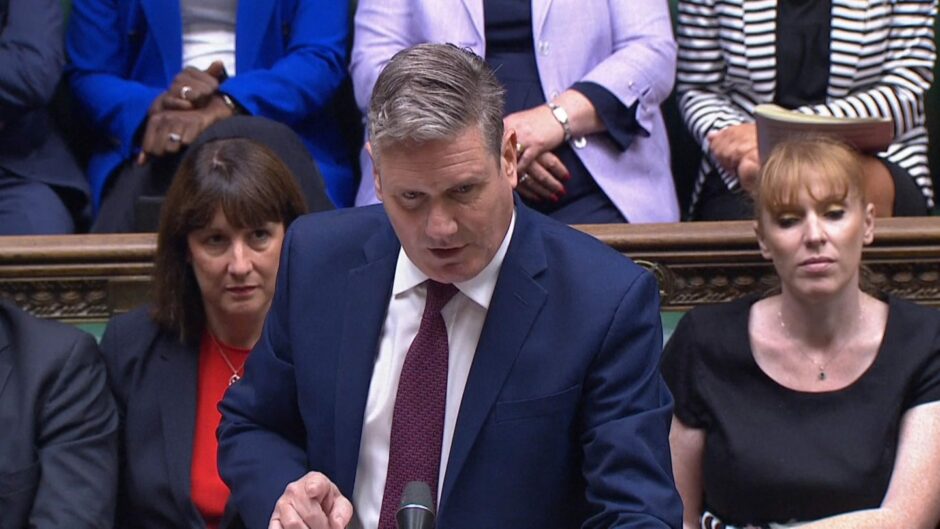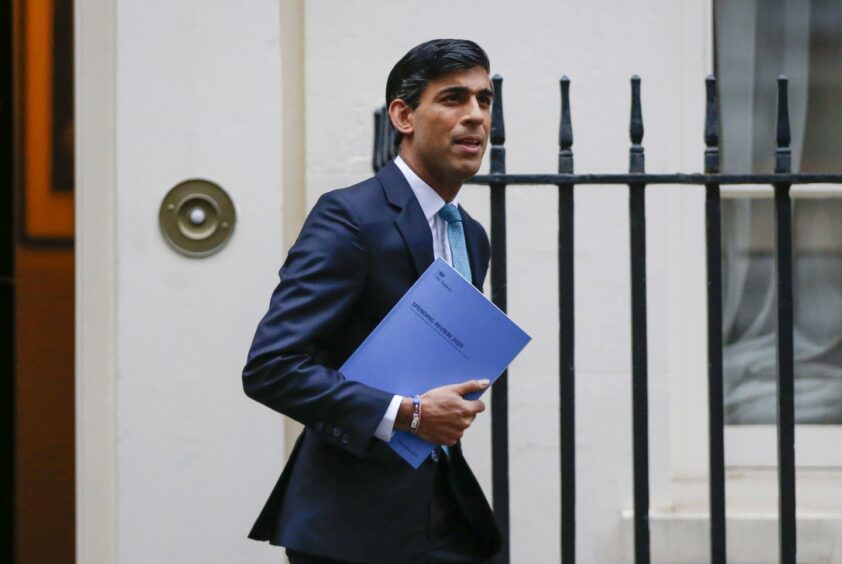
Liz Truss signalled support for the North Sea oil and gas industry during her first Prime Minister’s Questions in the top job.
She stressed the need for the UK to increase its energy supplies to deal with the current crisis, and pledged to “open up” the North Sea.
Ms Truss also reinforced her opposition to a windfall tax, despite Treasury forecasts that energy producers will make £170 billion in excess profits over the next couple of years.
Labour leader Keir Starmer said: “The prime minister knows she has no choice but to back an energy price freeze, but it won’t be cheap, and the real choice, the political choice, is who is going to pay?
“Is she really telling us that she’s going to leave these vast, excess profits on the table, and make working people foot the bill for decades to come.”
In response, Ms Truss, who formally took over the reins from Boris Johnson yesterday, said: “I understand that people across our country are struggling with the cost of living, and they are struggling with their energy bills.
“That is why I as prime minister will take immediate action to help people with the cost of their energy bills, and I will be making an announcement on that tomorrow and giving people certainty to make sure they are able to get through this winter.
“But we can’t just deal with today’s problems. We can’t just put a sticking plaster on it. What we need to do is increase our energy supplies long-term, and that is why we will open up supply in the North Sea.”
She also pledged to build more nuclear power stations to broaden the UK’s energy mix.
Windfall tax
On the possibility of another windfall tax on North Sea energy producers, Liz Truss said: “I am against a windfall tax. I believe it is the wrong thing to be putting companies off investing in the UK, just when we need to be growing the economy.”
Then-Chancellor Rishi Sunak unveiled the energy profits levy in May after numerous oil companies reported bumper profits.
The bill increased the headline rate of tax that UK oil and gas companies pay on their profits by 25%, taking the total figure to 25%.
An increase in the relief companies are able to claim against their investments was included to soften the blow.
Following the latest Ofgem price cap increase, there have been calls for government to raid the profits of energy companies again to support struggling households.
Ms Truss said: “If taxes are put up, that will put off investors, and ultimately that will mean fewer jobs, less growth and less opportunities.”
The former Foreign Secretary travelled to Aberdeenshire yesterday where the Queen asked her to form a government.
She quickly set about putting together her cabinet, moving Kwasi Kwarteng from Business Secretary to Chancellor, and naming arch Brexiteer Jacob Rees-Mogg in his place.
Recommended for you


 © HOC/UNPIXS
© HOC/UNPIXS © Bloomberg
© Bloomberg